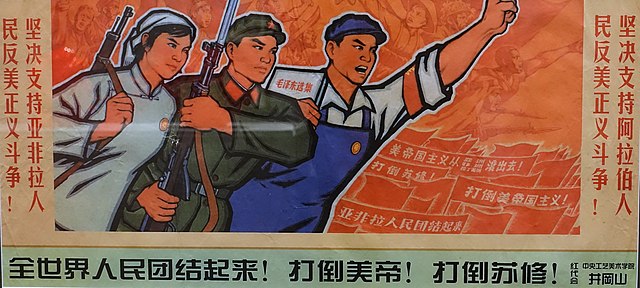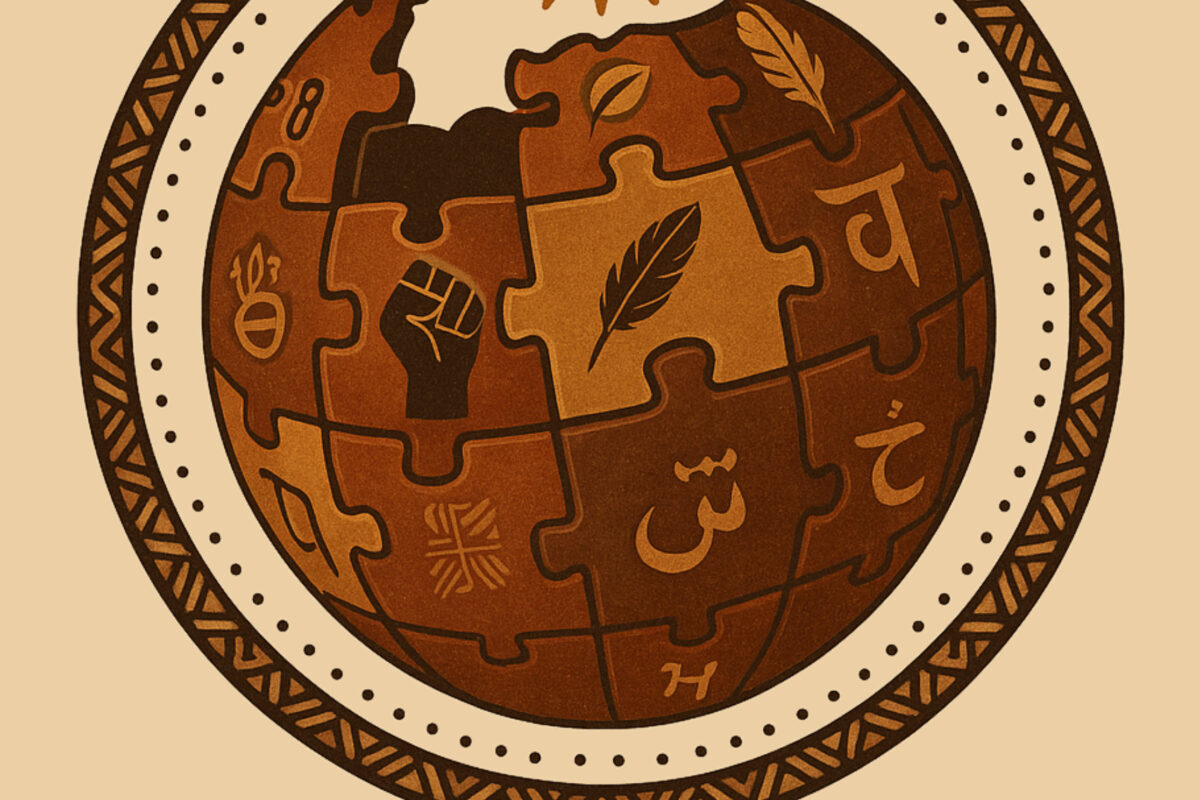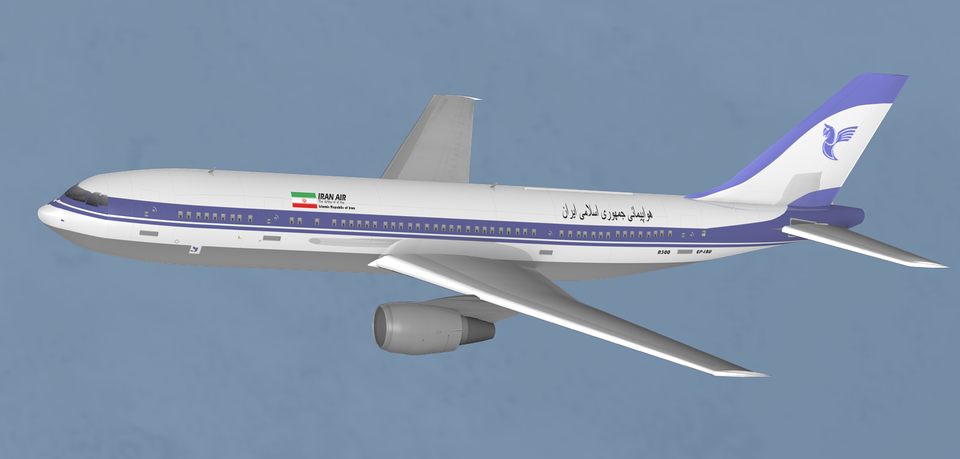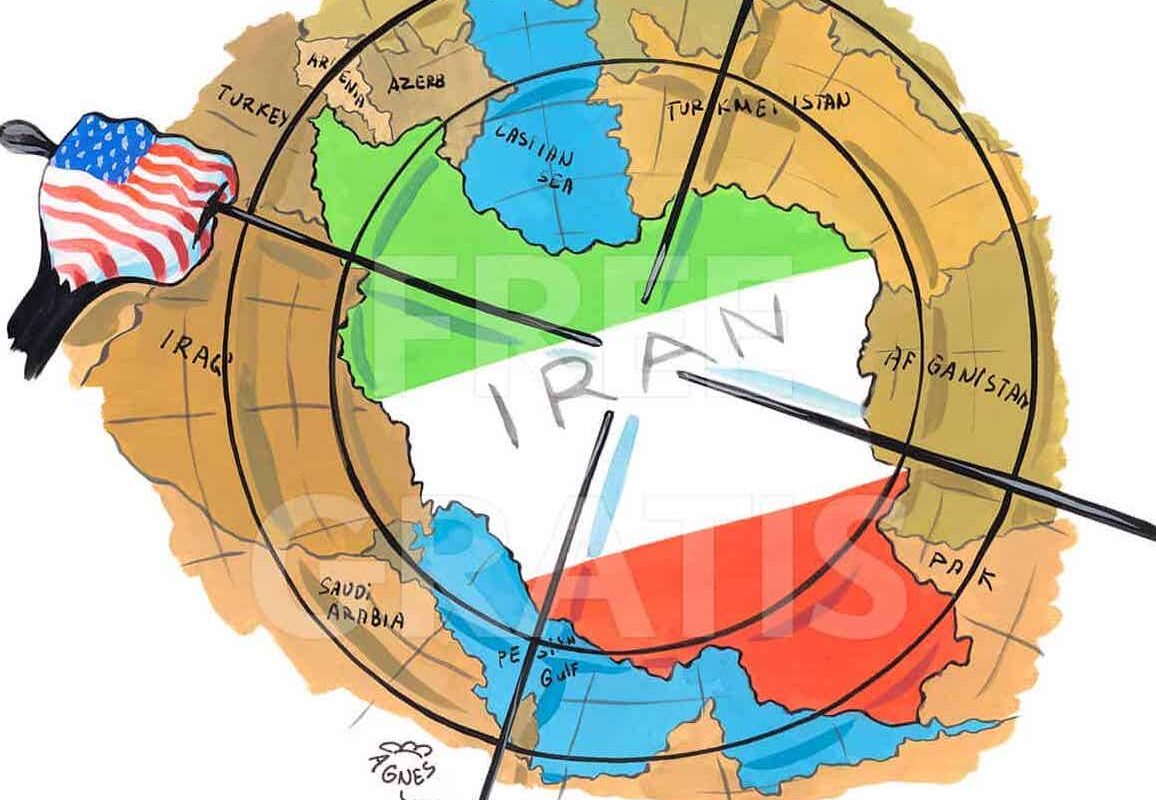The liberation movement was founded in 1973 in Western Sahara. Yet, its origins derive from the Harakat Tahrir created in the 1960s. Under the leadership of Muhammad Bassir, the Sahrawi organized to liberale themselves from Spanish colonial rule. However, the response was bloody and brutal. Bassir disappeared and up to this day, it’s unknown what happend to him— he became a martyr for the nationalist movement. The hope for a peaceful dissolution of the colonial rule continuously faded.
By May 1973, the Polisario Front led by El-Ouali was initiated and announced an armed revolution against the Spanish. Polisario is the Spanish abbreviation for Frente Popular de Liberación de Saguía el Hamra y Río de Oro — both formed the territory colonized by Spain. Two years of guerrilla warfare led Spain to agree to a referendum in 1975. At the same time, Morocco and Mauritania were making claims over Western Sahara. Though the ICJ insisted on the principle of self-determination, King Hasan sent off hundreds of thousands of Moroccans from the North to Western Sahara – this was known as the Green March. Simultaneously, troops invaded from different parts. War broke out between Morocco and the Polisario. Secretly, Spain agreed to cede the administration of Western Sahara to Morocco and Mauritania. Mauritania joined the fighting against Polisario.
On 27 February 1976, the Polisario Front founded Saharan Arab Democratic Republic (SADR) — this day is celebrated up to date.
Mauritania retreated quickly and simultaneously recognized SADR. Theguerrilla war against Moroccan forces continued until 1991. In that year, an UN-mediated ceasefire was concluded. The UN peacekeeping mission MINURSO was tasked with setting up a referendum to decide upon the status of Western Sahara and hence, the destiny of the Saharawi people. Over 30 years later, this referendum has not taken place.
The Polisario has been and is practising different forms of liberation. It starts with their people. Due to the limited education possibilities under Spanish colonial rule – the Polisario viewed it of utmost importance to provide better education — from primary and secondary school to professional training. With scholarships and partnership programs young Sahrawis were sent around the world to visit good universities. They come back as for example doctors or nurses – making society relatively self-sufficient. Furthermore, advancing the position of women in society was a key point on the agenda. Women are teachers, politicians, ministers, ambassadors, administrators, doctors and overall occupy many vital roles in society.
Of course, armed conflict has been an essential way of fighting the occupying forces. However, when a ceasefire was reached in the early 90s. The Polisario was committed to a peaceful resolution. It believed in international law, the international community and in justice. Unfortunately, the decades of waiting resulted in no substantive change. After thirty years in practicing pacifism, the Polisario had to resume back to their arms when Morocco violated the ceasefire agreement.
Diplomacy is key in the Polisario strategy. Since the beginning, the Fronte Polisario has been developing and maintaining diplomatic relations with countries around the globe. Further, representatives are positioned in many countries to encourage solidarity and partnerships as well as raise awareness by giving a voice to the Sahrawi people.
A surprisingly successful venue has been the legal track. Especially notable is last year’s CJEU judgement on the EU-Moroccan trade agreements which included Western Sahara. The court once again points out that the Fronte Polisario is a representative of the people of Western Sahara Polisario. Further, it states that the territory of Western Sahara has a separate and distinct status from Morocco. Hence, the consent of the indigenous people must be secured. Yet, the EU Council and Commission appealed against the decision.
Today, the Polisario is the government of the SADR, controls almost a quarter of Western Sahara and administers the refugee camps in Tindouf, Algier. Since 1982, Sahrawi Arab Democratic Republic is a full member of the African Union. Nowadays, the state is recognized by roughly 80 countries — most of them in Africa. Founding member Brahim Ghali is the elected Polisario leader and SADR president. The Polisario Front has overcome many odds posed by the Kingdom of Morocco and its allies, and continues pursuing the liberation of the Sahrawi people.
Sahara hura! Free Western Sahara!
You can contact the Polosario in Germany at germany@fpolisario.de




